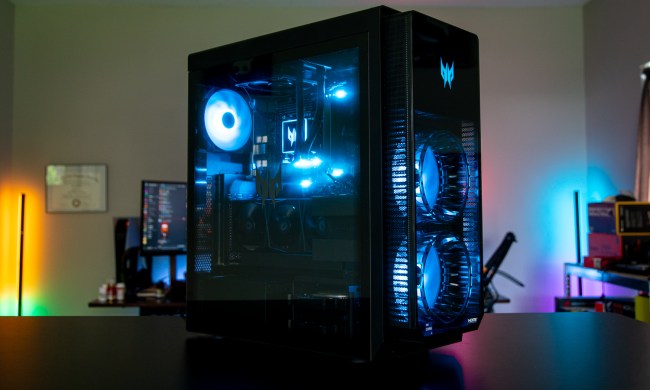The Federal Communications Commission has ordered U.S. cable giant Comcast to end discriminatory network management policies (PDF) and sanctioned the company for "secretly degrading" the performance of peer-to-peer sharing applications like BitTorrent and Gnutella. The order requires Comcast to stop blocking P2P applications and fully disclose the details of its networking management techniques by the end of 2008.
However, the FCC did not fine Comcast for violating its four-principled Internet Policy statement from 2005.
The FCC’s vote to sanction Comcast was three-to-two, with FCC chairman Kevin Martin coming down in favor of the sanctions with commissioners Michael Copps and Jonathan Adelstein (both Democrats). The commissions dissenting members (both Republicans) argued the issue would be better resolved with private negotiations and that the FCC did not have the authority to enforce network management polices.
The dispute stems from an Associated Press investigation that revealed Comcast was forging reset packets to shut down selected peer-to-peering sharing connections; complaints were brought to the FCC by Free Press, Public Knowledge, and Vuze Corporation. Comcast at first denied the charges, but then claimed the practice constituted reasonable network management. A majority of FCC commissioners disagreed, likening Comcast’s actions to the Post Office opening mail and deciding whether or not to deliver it based on its contents.
"Would you be OK with the post office opening your mail, deciding they didn’t want to bother delivering it, and hiding that fact by sending it back to you stamped ‘address unknown—return to sender’?" Martin asked in a statement (PDF) "Unfortunately, that is exactly what Comcast was doing with their subscribers’ Internet traffic."
Although Comcast was not fined for its actions, some industry watchers expect Comcast to challenge the sanctions in court, arguing that the FCC’s Internet Policy statement does not carry the weight of enforceable regulations and, therefore, Comcast’s actions were well within legal bounds.
Free Press hailed the FCC’s decision as a strong signal to cable and phone operators that access to technologies and content can’t be restricted. However, they don’t believe the battle is over: "A duopoly market—where phone and cable companies control nearly 99 percent of high-speed connections—will not discipline itself," said Free Press executive director Josh Silver, in a statement. "We look forward to working with the FCC and Congress to ensure proactive measures keep the Internet open and free of discrimination, and accessible to all Americans."


